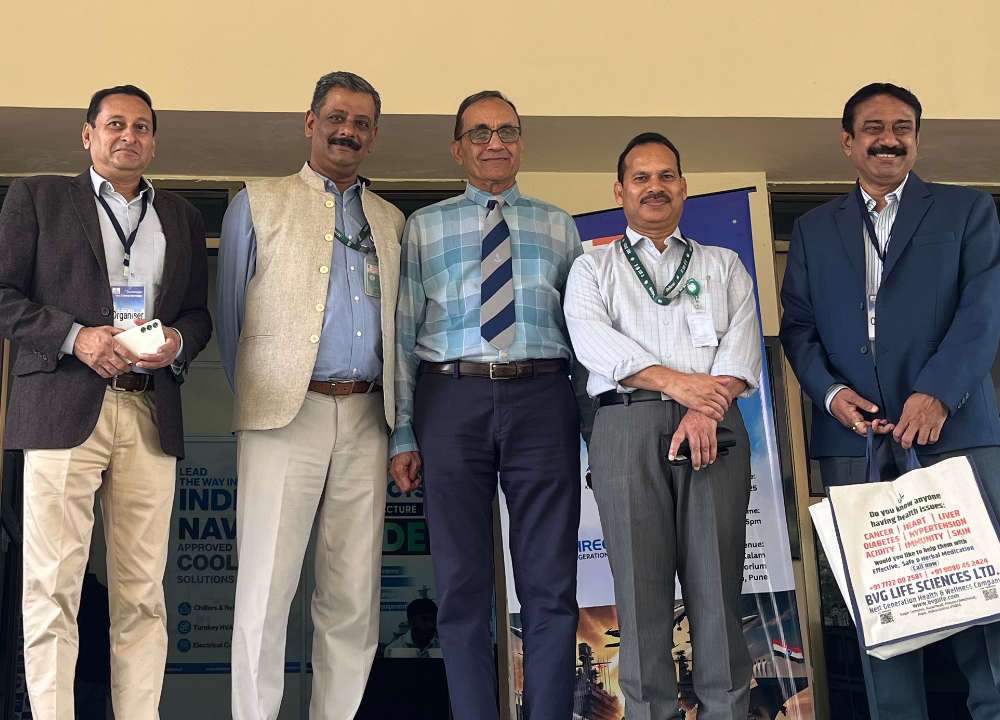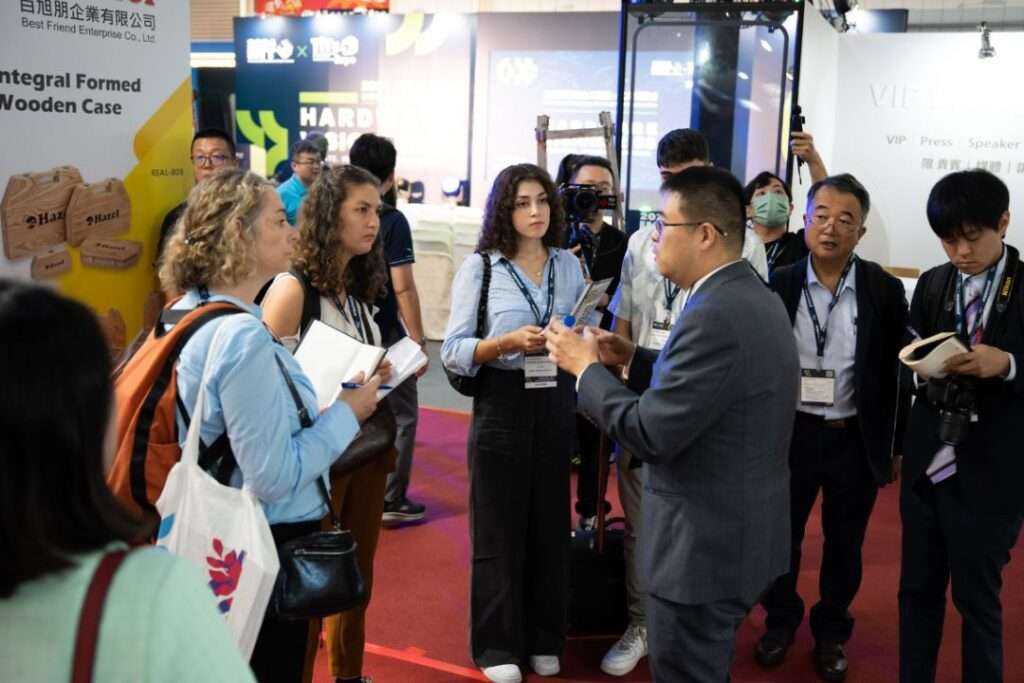Coking coal linkage auctions organized by Bharat Coking Coal Limited (BCCL) are anticipated to attract more interest from steel manufacturers following Coal India Limited’s or CIL revisions to auction terms, aimed at making them more favorable for the industry. This initiative is part of India’s broader strategy to decrease reliance on coking coal imports, which has been a critical component for steel production.
In recent discussions, major steel producers expressed their approval of the newly adjusted terms, indicating their intent to participate actively in future auction rounds. Coking coal is essential for the steel-making process, and a significant portion of its demand in India is currently satisfied through imports.
However, steel producers have underscored that the successful replacement of imported coking coal with domestically sourced raw materials hinges on three crucial factors: the quality of the coal, the quantity available for supply, and the timely delivery of these shipments.
BCCL recently celebrated a remarkable achievement in its latest long-term linkage e-auction, known as tranche VII, specifically targeted at the steel sector. Out of the 3.36 million tonnes of coking coal available, the company managed to book 2.40 million tonnes, marking a record high in coal bookings for the sector.
This achievement stands in stark contrast to previous rounds, where up until tranche VI, the auctions had seen minimal engagement, with no bookings made for the coal on offer. Goutam Senapati, Assistant Vice President (Coal) at JSW Steel, remarked to PTI that CIL and the Coal Ministry had taken significant steps to simplify the auction terms, responding positively to industry feedback.
“With the necessary relaxations and changes implemented, it created a more favorable environment for us to participate in the bidding process,” Senapati noted. In tranche VII, JSW Steel secured 2.06 million tonnes of coking coal and expressed a keen interest in continuing its participation in upcoming auctions.
However, Senapati pointed out that additional relaxations would be beneficial, and he urged Coal India to address remaining concerns to further enhance participation rates in the bidding process aimed at replacing imported coal with domestic alternatives.
Tata Steel, another key player that successfully bid in the latest auction, acknowledged the attractiveness of the revised auction norms but emphasized the necessity for BCCL to guarantee the quality of coal and ensure timely deliveries.
Rajeev Datta, Deputy General Manager of Coal Coordination at Tata Steel, commented, “Coal India and the government have actively listened to our concerns and made the auctions more appealing. If more coal from newly opened mines is introduced into the market, it will undoubtedly heighten interest from steel companies. However, quality assurance and reliable supply are crucial to support our bids.”
In FY24, BCCL produced around 1.5 million tonnes of washed coal, with plans to increase this output to 2.5 million tonnes in the next financial year. This ramp-up in production is projected to save the country approximately USD 562 million in foreign exchange through reduced imports. Samiran Dutta, Chairman and Managing Director of BCCL, noted the strategic importance of these initiatives.
Furthermore, BCCL aims to accelerate its asset monetization strategy by soliciting bids for the development of four coal washeries, which will have a combined capacity of about 8 million tonnes. A senior official from Coal India highlighted that significant relaxations had been granted regarding the use of coal middlings, a byproduct of the coal washing process composed of both clean coal and coal gangue.
The latest auction documents have also introduced flexibility concerning the timeline for incremental linkages and inter-company coal transfers within the same corporate group. Ultimately, Coal India’s primary goal for these auctions targeting the steel sector is to generate premium revenues while supporting the government’s objective of reducing coking coal imports by bolstering domestic production.








